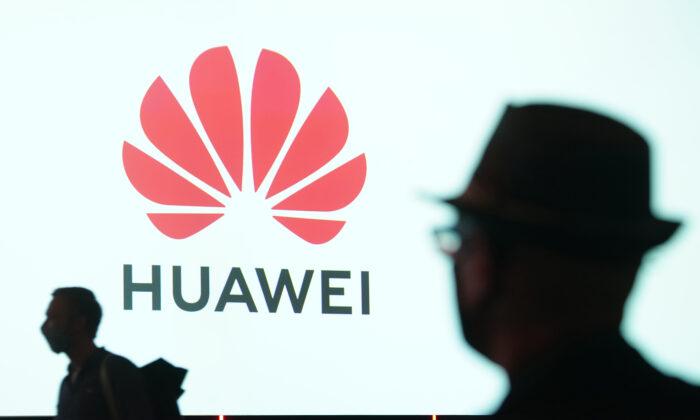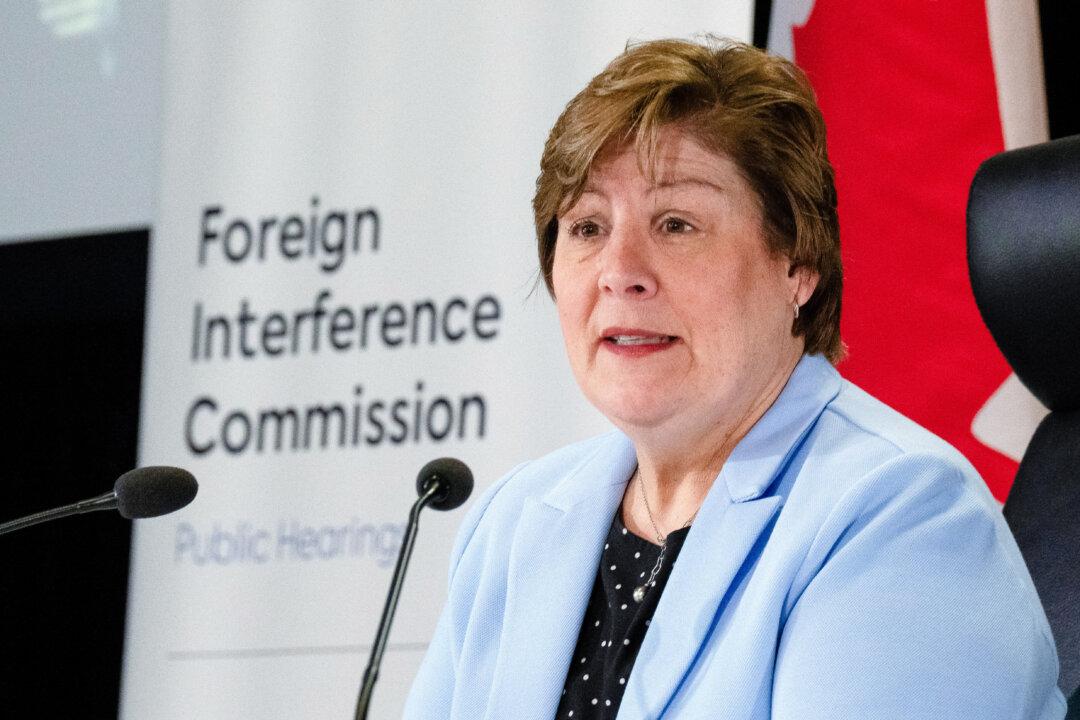Canada is banning Chinese telecommunications companies Huawei and ZTE from its 5G wireless infrastructure, Public Safety Minister Marco Mendicino said on May 19.
Under the new direction, Canadian companies will not be able to deploy equipment made by these companies in their 4G and 5G networks, and will have to remove the equipment already installed.
“There are many hostile actors who are ready to exploit vulnerabilities in our defences. We must redouble our efforts,” Mendicino said in a press conference in Ottawa.
“That’s why our government conducted an extensive and thorough security examination of 5G wireless telecommunications technologies, including those service providers who represent a high risk to the integrity of our telecommunications sector.”
The long-awaited decision will align Canada with its Five Eyes intelligence partners, which have banned Huawei or announced a phasing-out of its equipment already used by domestic wireless carriers. The alliance includes Australia, Canada, New Zealand, the United Kingdom, and the United States.
While Canada spent years weighing the issue, major Canadian wireless carriers turned to European companies Ericsson and Nokia for 5G equipment.
Canadian companies are now required to remove any existing Huawei or ZTE 5G equipment by June 2024, and 4G equipment by December 2027. Procurement of new 4G or 5G equipment from Huawei or ZTE will be banned effective September 2022.
Mendicino also announced his government would be tabling legislation in the short term to protect Canada’s telecommunications system and critical infrastructure.
“In 5G systems, sensitive functions will become increasingly decentralized and virtualized in order to reduce latency, and the number of devices they will connect will also grow exponentially,” the statement said.
“Given the potential cascading economic and security impacts a telecommunications supply chain breach could cause, allies have taken actions to enable them to prohibit the deployment of Huawei and ZTE products and services in their 5G telecommunications networks.”
U.S. officials told the Wall Street Journal in 2020 that Huawei was able to covertly access wireless networks around the world through back doors and had been doing so for over a decade, something Huawei denied.
Canada had deferred making a decision on whether to allow Huawei infrastructure in its 5G network. The United States on multiple occasions publicly warned that failure to ban the company could impact Washington’s willingness to share intelligence, fearing the data may be compromised.
China launched a series of retaliatory measures against Canada after Canadian authorities arrested Huawei chief financial officer, and daughter of the company’s founder, Meng Wanzhou, on a U.S. extradition request in December 2018.
Among measures taken by Beijing was the arbitrary arrest in China of Canadians Michael Kovrig and Michael Spavor.





